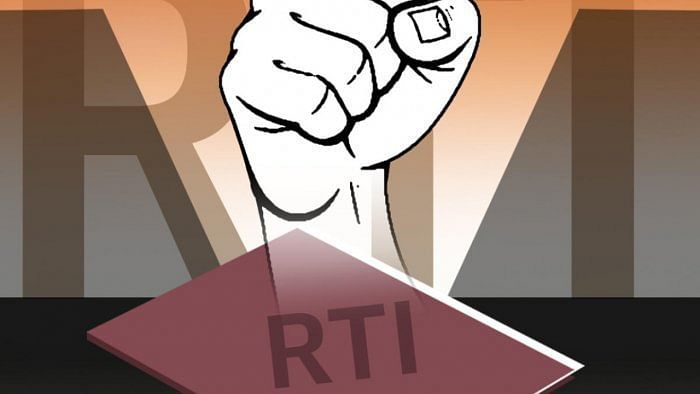
People in Kerala no longer need to stand in queues to submit applications or send requests by post for information under the transparency law and can have access to it from the comforts of their homes thanks to the state government launching an online RTI portal following a Supreme Court directive.
Prior to the launch of the portal on June 19, an application under the transparency law -- the Right to Information Act -- had to be either submitted in person before the concerned department or authority along with the requisite fees or sent by post.
This was also necessitated by the fact that an online RTI portal implemented by the state government with the help of the IT Mission earlier was non-functional due to technical difficulties.
Therefore, the new portal, developed with the help of the National Informatics Centre (NIC) is expected to make the access to information easier and more transparent.
"The payment for the fees on the RTI online portal will be through e-Treasury Portal," according to the compliance report filed by the Kerala government in the Supreme Court indicating that its direction has been implemented.
The apex court's direction came on a petition filed by the Pravasi Legal Cell, represented by advocate Jose Abraham, seeking directions to all state governments to establish an online RTI portal to enable citizens to file online applications for information from any department.
The Supreme Court had on May 20 directed all state governments to set up and operationalise the online RTI portals within three months.
In Kerala, the portal will function as a module of the e-Office system launched by the state government, an order issued by the General Administration Department (GAD) has said.
The nodal officers mapped in the portal will be responsible for receiving the applications under the RTI Act and distributing them to the respective State Public Information Officers, the order said.
Citizens can access the portal through the web address -- rtiportal.kerala.gov.in, it said.
The launch of the online portal, however, does not mean that physical applications would not be accepted, it added.